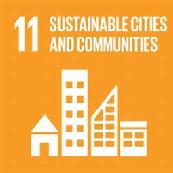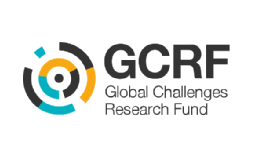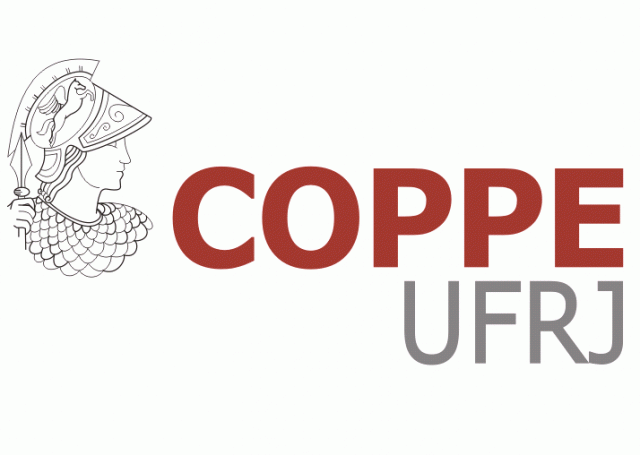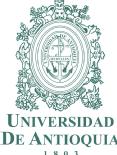Background and Context
Poor urban neighbourhoods in Latin America frequently experience events such as landslides due to heavy rain. In 2011, for example, floods, landslides and mudslides in the state of Rio de Janeiro resulted in 903 deaths and over 2,900 people had their homes destroyed. Similarly, in the Colombian city of Medellín, accelerated urban growth since the 1950s has given rise to settlements on land exposed to hazards, significantly increasing landslide risk among low-income populations. In both cases, and across many developing countries, recently built settlements growing up steep hillsides are particularly exposed to landslide impacts. The situation in both of these major Latin American cities demonstrates the urgent need to improve the resilience of such communities against rainfall-related geohazards. Latin America has undergone accelerated urban growth in the past 50 years and it is presently one of the most urbanised areas of the world. One consequence of this trend is the proliferation of marginalised urban neighbourhoods which are not only disproportionately exposed to natural hazards, but also have less economic and social capital to adapt and respond to their consequences.
This has led to a number of initiatives designed to anticipate and manage risk more effectively so as to reduce the impact of disasters. However, a noticeable implementation gap in the delivery of equitable resilience is evident. This is not only attributable to a lack of resources, but also to highly complex social, economic, political and institutional reasons.
Our Approach
The highly skilled, multi-disciplinary research team will adopt a dialogic co-production approach to citizen-generated data that relies upon well-established partnerships with community-based initiatives for local development, education and disaster risk reduction in Rio de Janeiro and Medellín, and with governmental agencies involved in disaster risk reduction and local planning and development.
Research Objectives
URBE Latam seeks to expand and refine the understanding of risks, vulnerabilities and potentialities associated with rain-related geohazards in Latin America by rethinking how environmental risk data is produced, how it is used, and how it might enable transformations that close the implementation gap in delivering equitable resilience for marginalised communities. The project will be based on two case studies focusing on specific areas of Rio Janeiro, Brazil and Medellín, Colombia; however, the findings and methods developed during the research will be widely transferable to other places and environmental contexts.
This overarching goal will be achieved through the pursuit of five main objectives:
- Dialogically engage citizens in marginalised communities to promote awareness and generate data about local vulnerabilities and potentialities.
- Develop a digital platform and mobile app that will underpin the processing and analysis of the data produced by the citizen engagement programme.
- Understand the ways in which local government authorities, and other agencies involved in the management of environmental risk, currently collect and monitor data to enhance resilience.
- Integrate the new forms citizen-generated data with conventional data sources to recalibrate risk management practices, in ways that enable pathways for transition to sustainable development whilst also supporting more equitable decision-making and policy-making on development and resilience.
- Develop and promote communication and knowledge exchange between stakeholders of various agencies - both governmental and non-governmental - that are currently working to improve local development of marginalised neighbourhoods in these major Latin American cities and their resilience to rain-related geohazards.
Project Dates
URBE Latam: Understanding Risks and Building Enhanced Capabilities in Latin American cities
Start date 01.11.19
End Date: 30.10.2022










